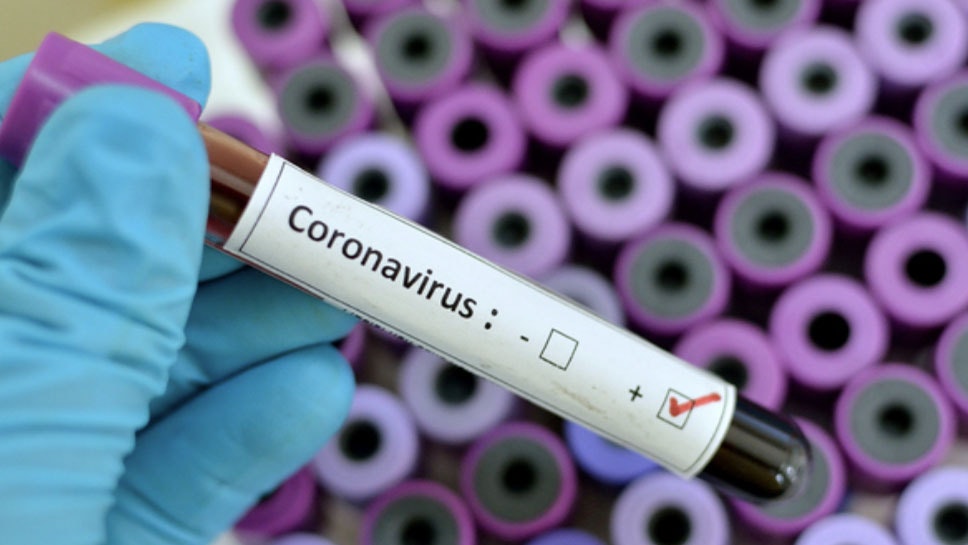Despite recent double-digit increases in the number of coronavirus cases diagnosed in Wyoming since mid-March, the state Health Department sees reason for optimism, according to a spokeswoman.
Kim Deti on Friday pointed to the fact that as of Friday afternoon, 10 Wyoming counties did not have any active coronavirus cases as an encouraging sign, one of several that have led the state to relax its restrictions on gatherings.
“We’ve seen some encouraging signs and that’s why the new orders that go into effect Monday offer more flexibility,” she said.
On Friday, the Health Department reported 18 new coronavirus cases had been diagnosed in eight counties, including eight new cases in Uinta County.
“We are also continuing to see new cases and expect that to continue,” Deti said. “We expect to see hotspots emerge in places that had seen few cases. We are in a better position to respond to those outbreaks now.”
As of Friday afternoon, the number of coronavirus cases confirmed since the illness was first detected in Wyoming stood at 811.
Fremont County had seen 271 cases; Laramie County had 125; Natrona and Teton counties had 73 cases; Uinta had 56 cases; Washakie had 34 cases; Sweetwater had 30; Campbell had 27; Albany had 23; Sheridan had 15; Converse and Johnson had 14; Carbon and Lincoln had 11; Big Horn and Hot Springs had nine; Crook had five; Goshen had four, and Park had three. Niobrara, Platte, Sublette and Weston counties had one case.
Updated numbers on the number of recoveries seen since the pandemic began were not available Friday afternoon. On Thursday, the number of recoveries was set at 814, including 622 for people with confirmed coronavirus cases and 192 among those with probable cases.
Using Thursday’s numbers, the number of active cases in the state was 197 on Friday.
Wyoming residents must continue to take precautions to protect themselves against coronavirus even though almost half of the state’s counties have no active cases, Deti said.
“With an ongoing pandemic, we encourage Wyoming residents to make smart, responsible choices for themselves, for their families and for their communities,” she said.





